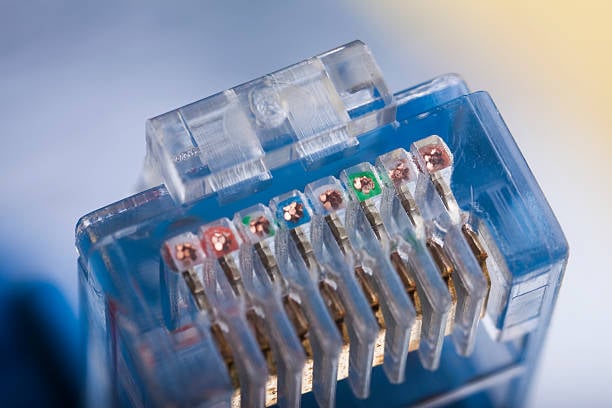The Importance of Mini Circuit Breakers in Electrical Systems
Mini circuit breakers are a crucial component of electrical systems, providing protection against overcurrent and short circuits. These compact devices play a vital role in preventing electrical hazards and ensuring the safety and efficiency of electrical installations. In this article, we will explore the various applications and benefits of mini circuit breakers.
1. Definition and Function of Mini Circuit Breakers
A mini circuit breaker, also known as an MCB, is an automatic electrical switch designed to protect an electrical circuit from damage caused by excessive current flow. It is typically used in low-voltage electrical systems, such as residential, commercial, and industrial installations. The primary function of an MCB is to interrupt the circuit when an overload or short circuit occurs, thereby preventing damage to the wiring and electrical devices connected to the circuit.
2. Protection against Overcurrent
One of the key purposes of a mini circuit breaker is to protect against overcurrent. Overcurrent can result from various factors, such as faulty appliances, wiring issues, or power surges. When the current flowing through a circuit exceeds the MCB's rated capacity, it detects the overload and trips the circuit, cutting off the power supply. This prevents overheating and potential fire hazards, ensuring the safety of the electrical system and its users.
3. Prevention of Short Circuits
Short circuits occur when a live wire comes into direct contact with a neutral wire or ground, resulting in a sudden surge of current. Mini circuit breakers are equipped with electromagnetic or thermal-magnetic trip units that can detect the abnormal current flow associated with short circuits. Upon detection, the MCB quickly interrupts the circuit, preventing damage to the wiring and minimizing the risk of electrical fires.
4. Flexibility and Convenience
Mini circuit breakers offer a high degree of flexibility and convenience compared to traditional fuses. Unlike fuses, which need to be replaced after they "blow" due to an overload or short circuit, MCBs can be easily reset after tripping. This eliminates the need for replacement and reduces downtime, making them a more cost-effective and practical solution for protecting electrical circuits.
5. Selectivity and Discrimination
Another advantage of mini circuit breakers is their ability to provide selectivity and discrimination. Selectivity refers to the ability of an MCB to isolate and disconnect only the faulty circuit without affecting the rest of the electrical system. Discrimination, on the other hand, involves the coordination between multiple MCBs in a system, ensuring that the MCB closest to the fault trips first. This allows for better identification and resolution of electrical faults, minimizing disruption and maintenance costs.
6. Enhanced Electrical System Reliability
By incorporating mini circuit breakers into electrical systems, the overall reliability of the system is significantly enhanced. MCBs provide a proactive approach to electrical safety by promptly detecting and isolating faults. This helps prevent widespread power outages and reduces the risk of extensive damage to the electrical infrastructure, leading to improved system uptime and reliability.
7. Easy Installation and Maintenance
Installing and maintaining mini circuit breakers is relatively straightforward. They are designed to fit into standard electrical panels and can be easily replaced or upgraded as needed. Additionally, MCBs often come with indicators that provide visual confirmation of their status, making it easier to identify tripped circuits. Routine maintenance typically involves inspecting and testing the MCBs to ensure proper functioning and adherence to safety standards.
8. Wide Range of Applications
Mini circuit breakers find application in various electrical systems, ranging from residential homes to large industrial complexes. They are commonly used in distribution boards, control panels, and consumer units to safeguard circuits and electrical equipment. MCBs are available in different current ratings and trip characteristics, allowing for customization based on the specific requirements of the application.
9. Compliance with Electrical Codes and Standards
Mini circuit breakers are designed and tested to comply with national and international electrical codes and standards. These regulations ensure that MCBs meet specific safety and performance requirements, offering peace of mind to users and installers. It is essential to select MCBs that bear relevant certifications and markings to ensure their reliability and compatibility with the electrical system.
10. Conclusion
In conclusion, mini circuit breakers are indispensable components in electrical systems, providing protection against overcurrent and short circuits. Their ability to quickly detect and interrupt faults contributes to the safety, reliability, and efficiency of electrical installations. By understanding the applications and benefits of mini circuit breakers, users can make informed decisions when it comes to protecting their electrical systems and ensuring the safety of their premises.

